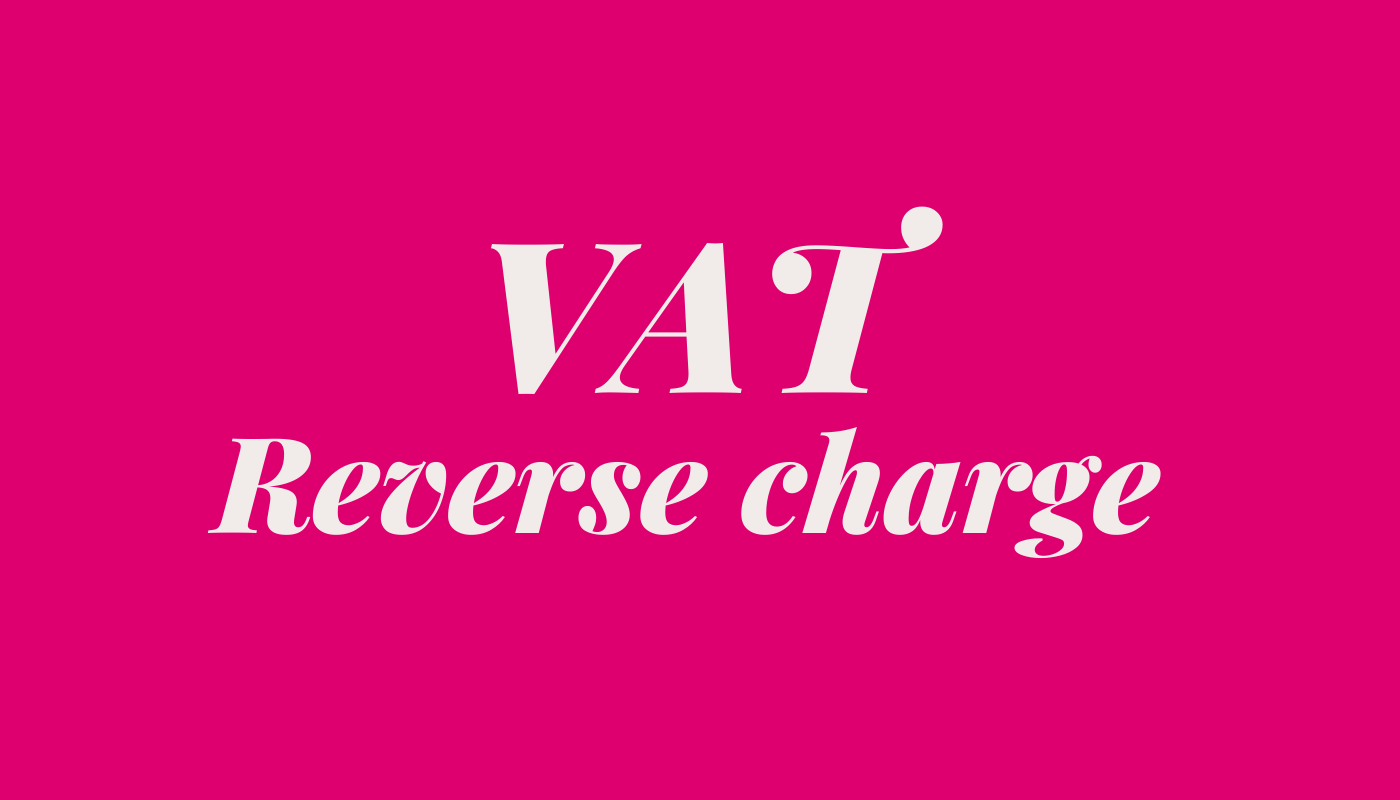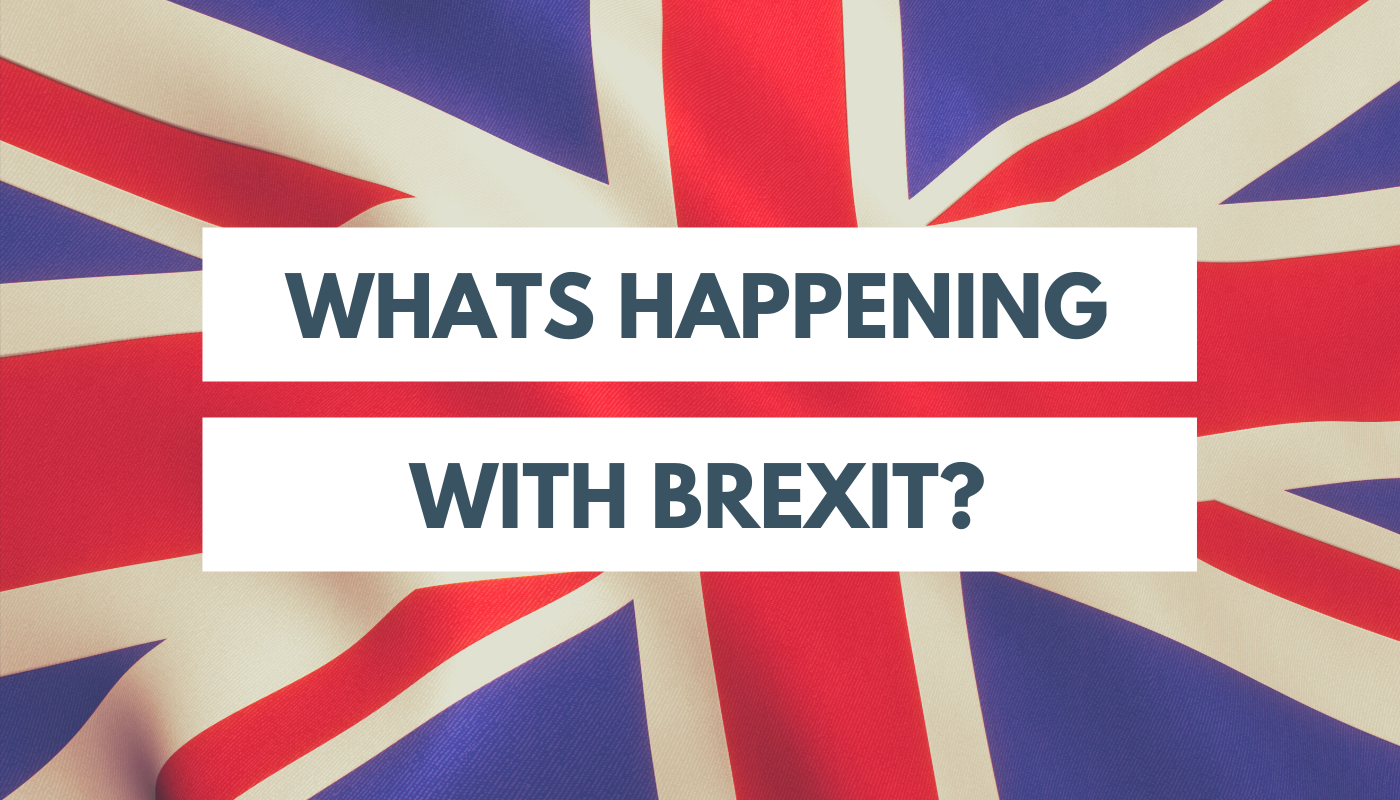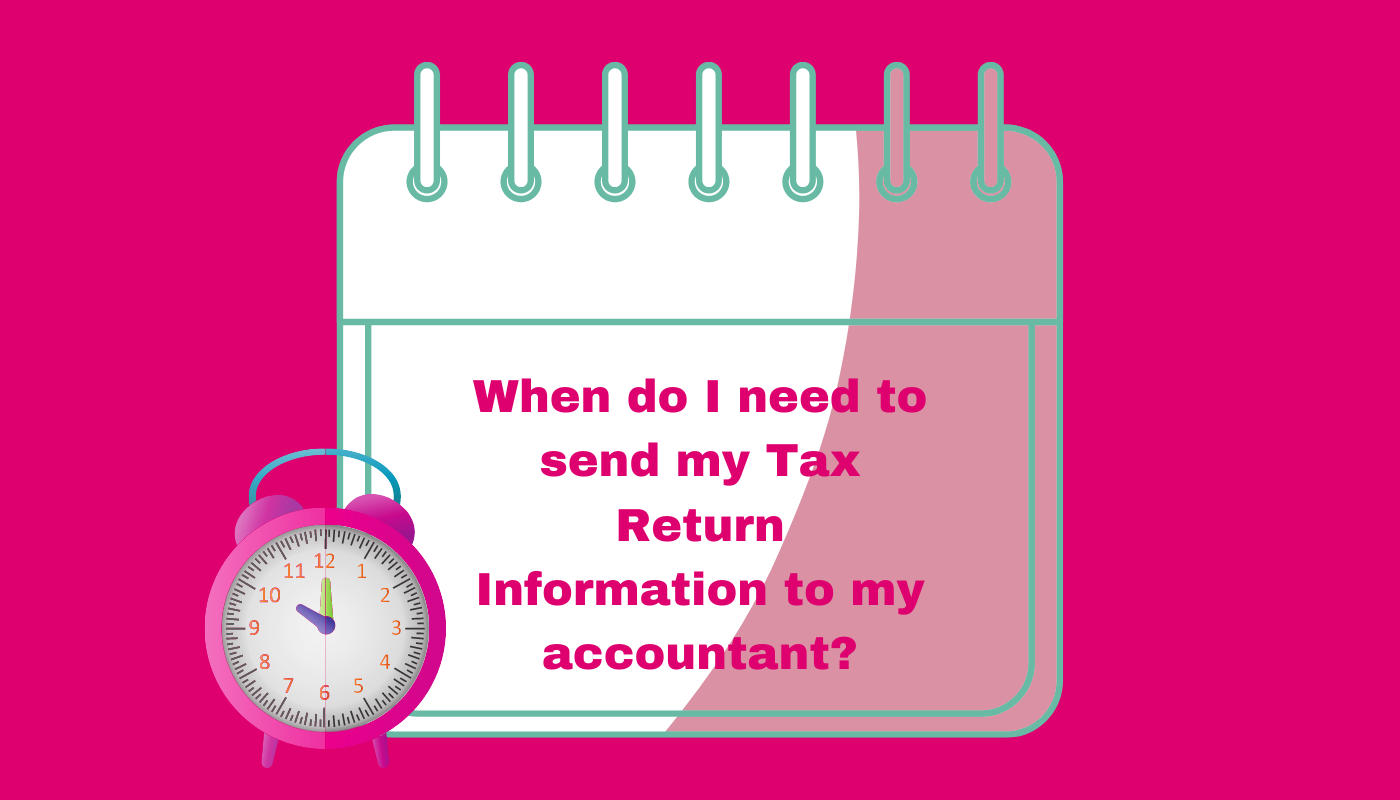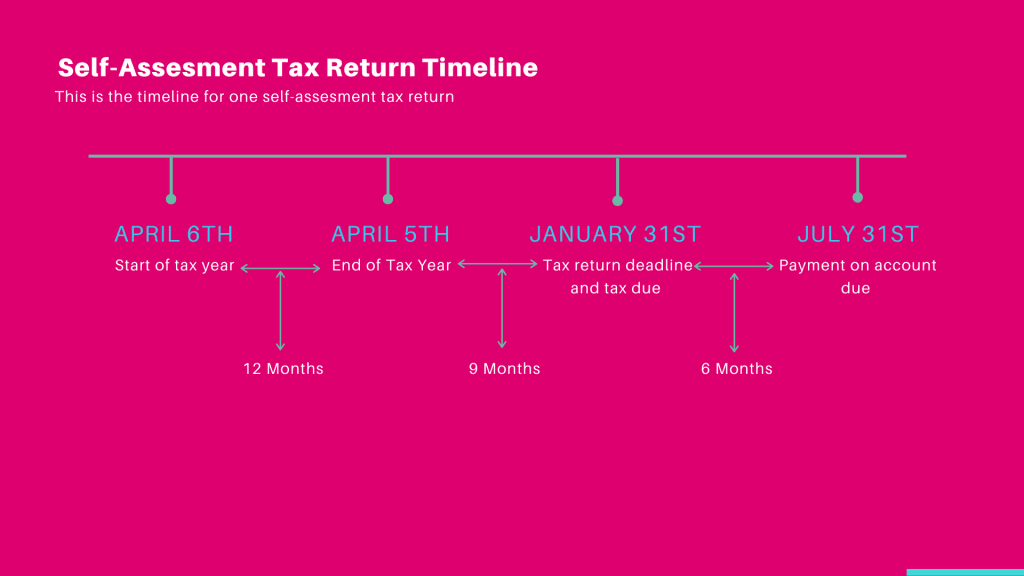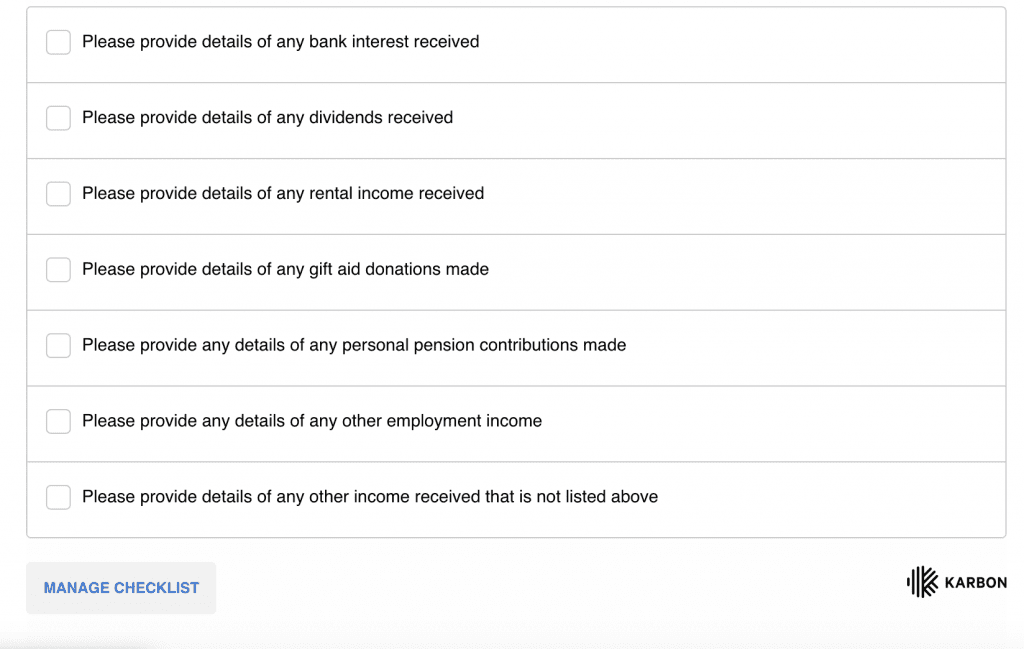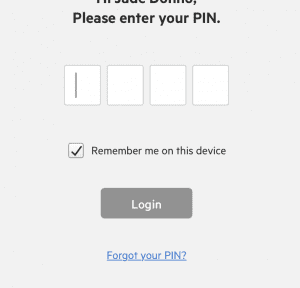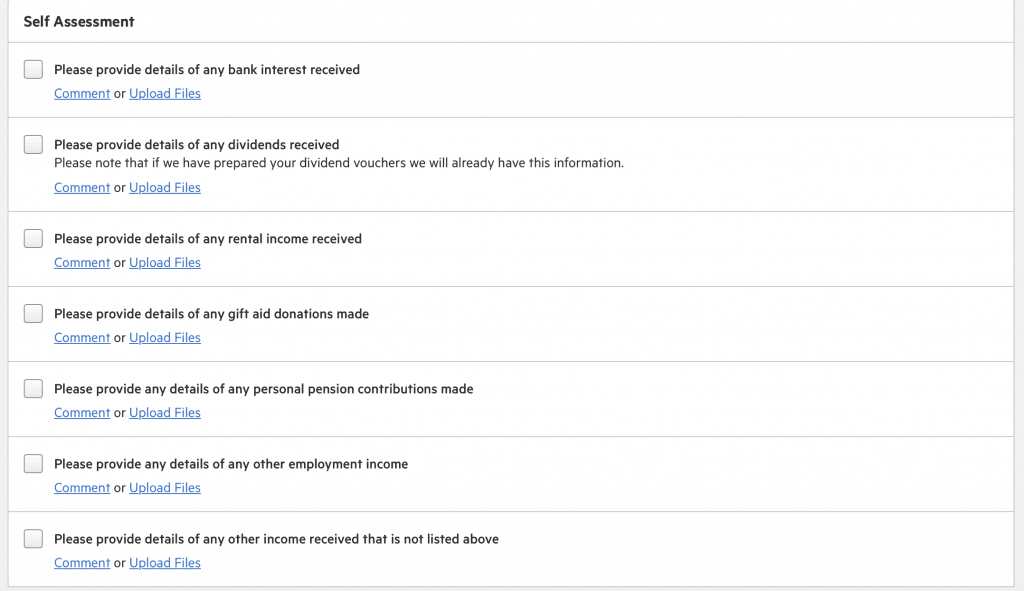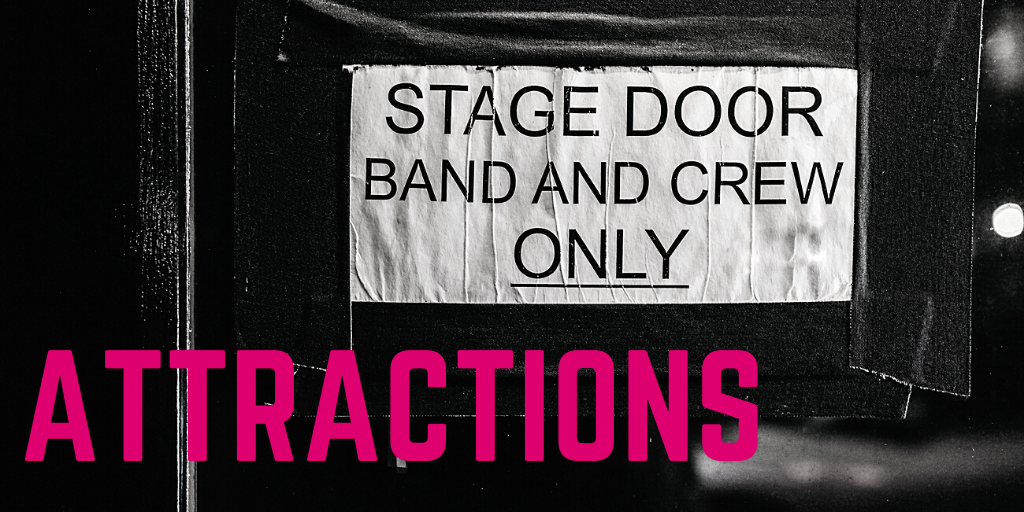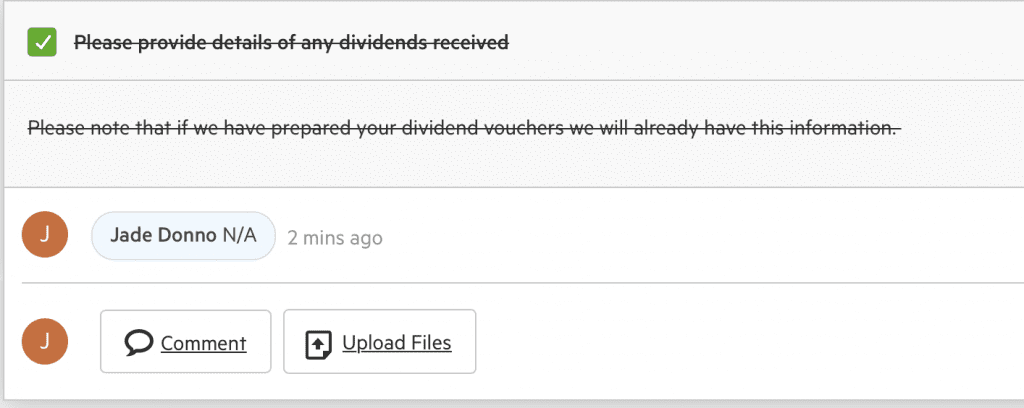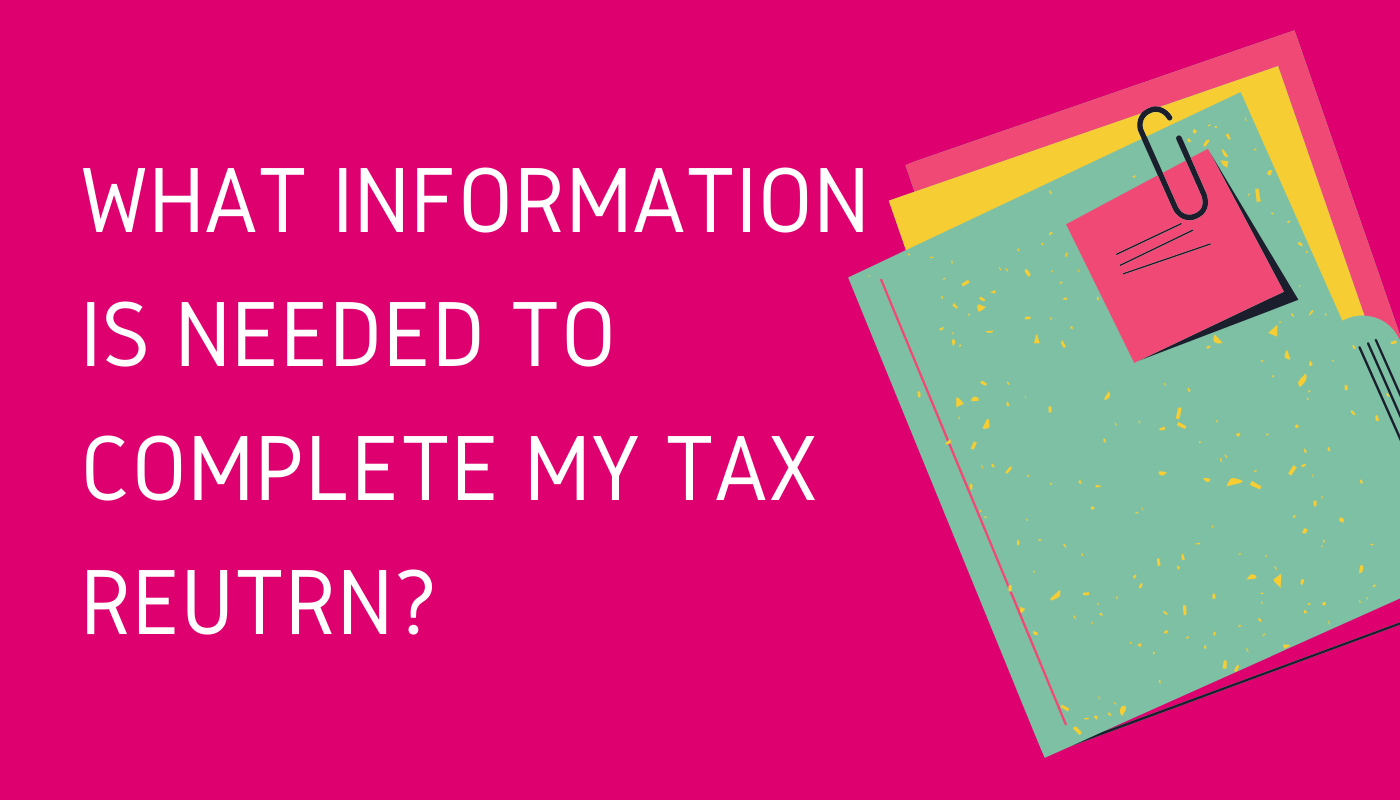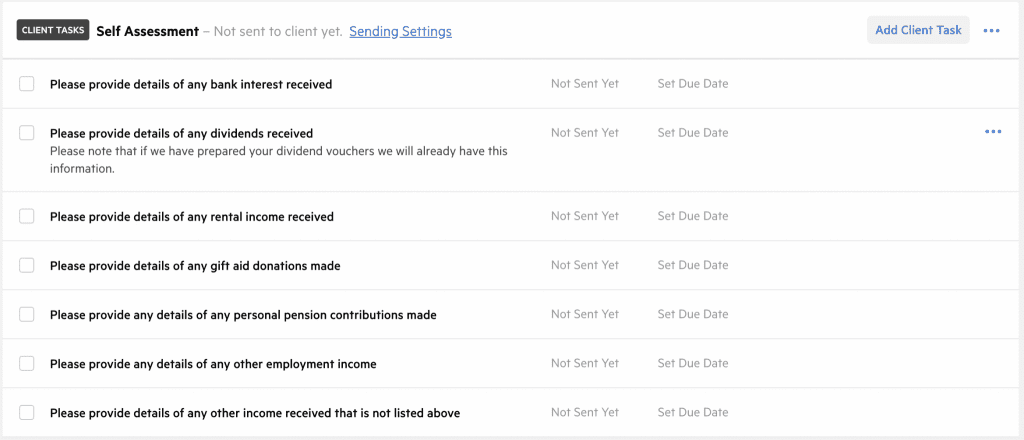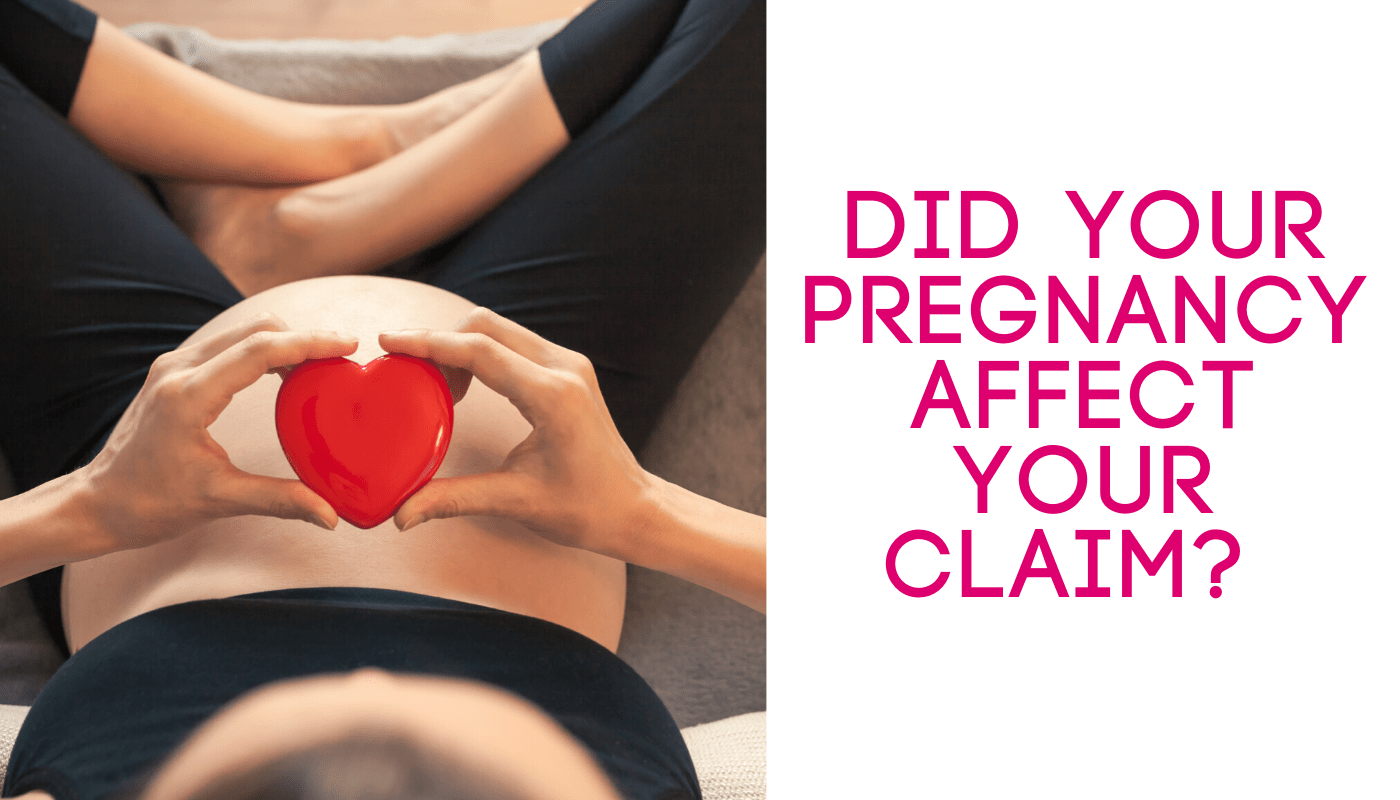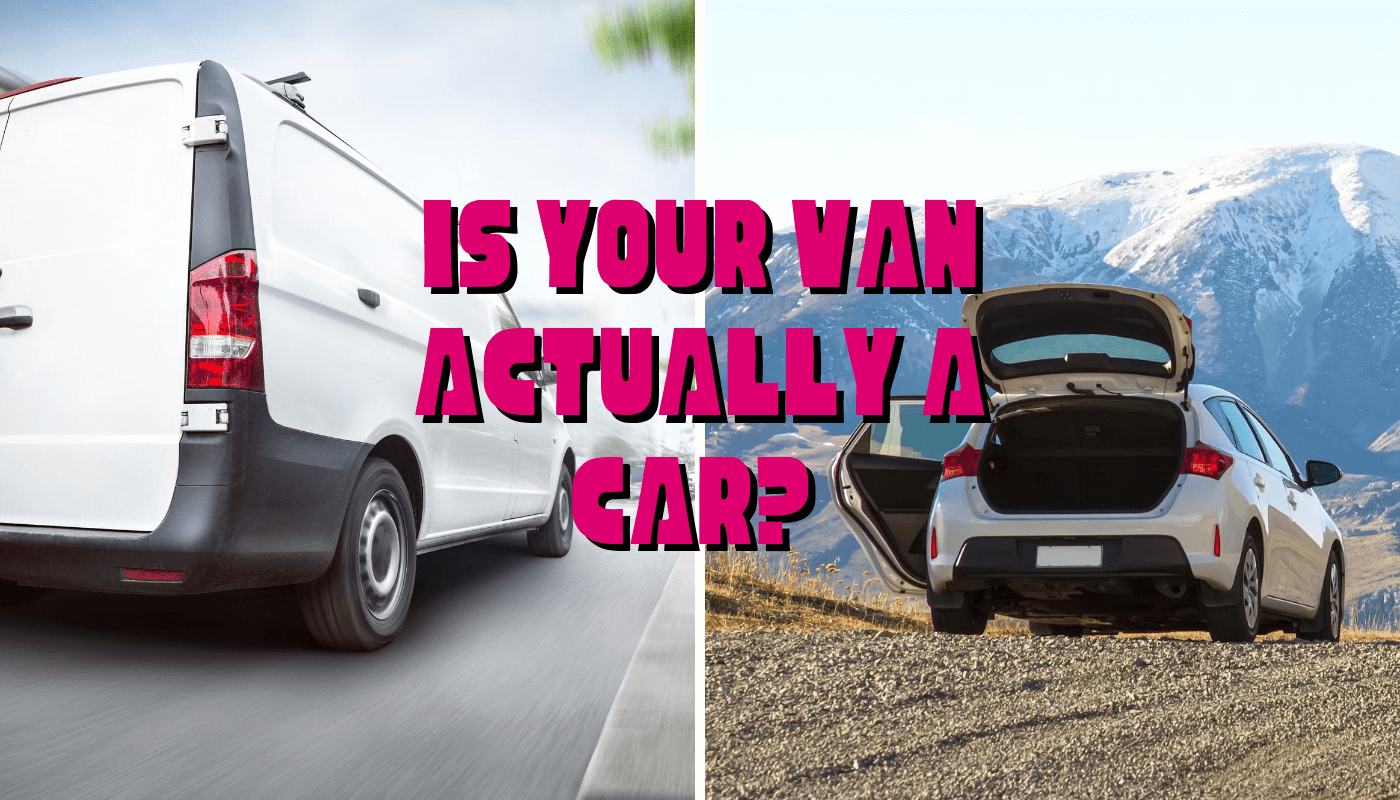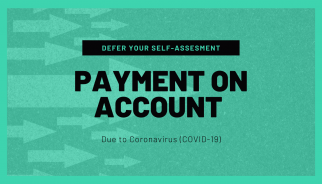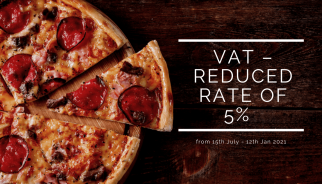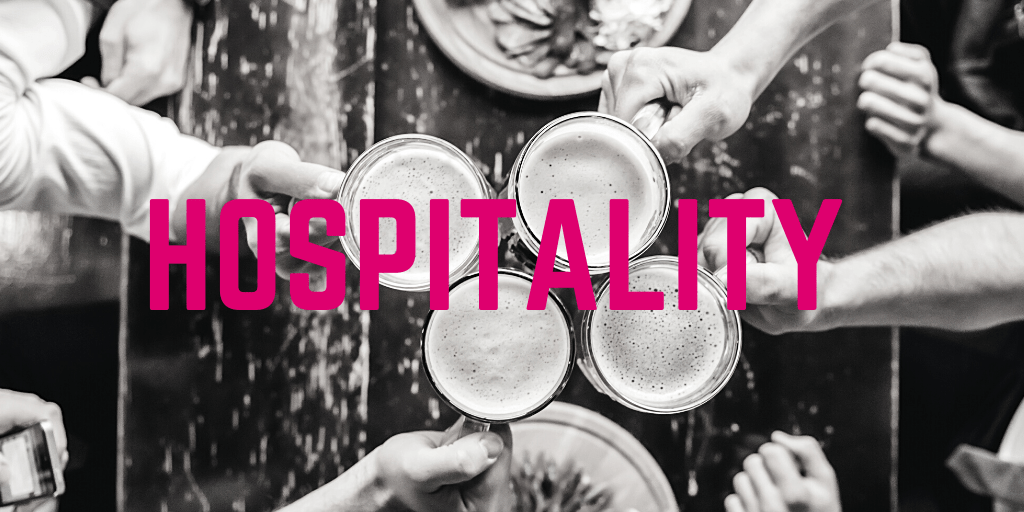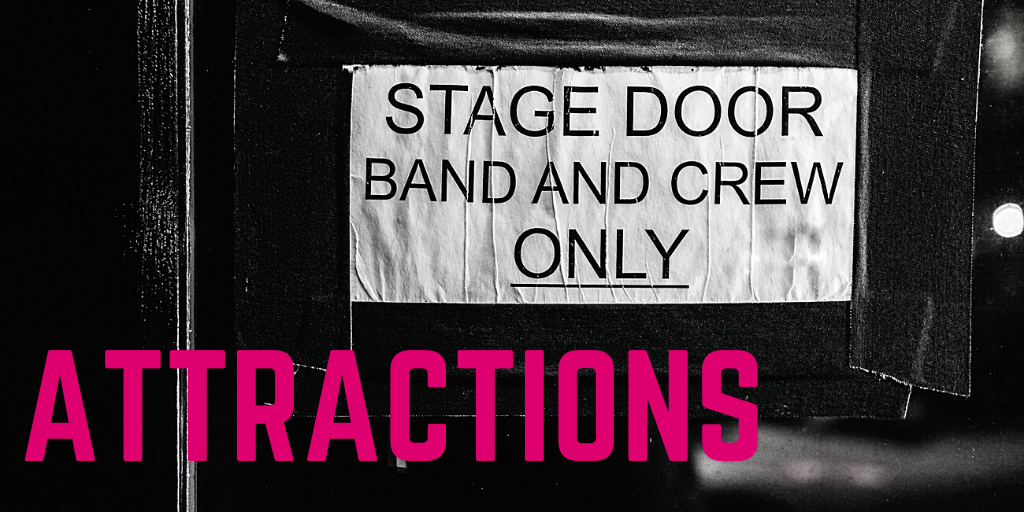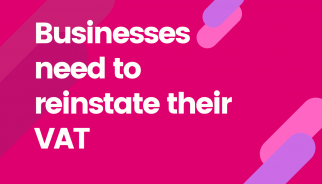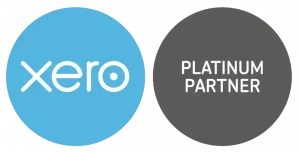From the 1st March, the VAT reverse charge scheme now applies to construction. If you work in the construction industry and are VAT registered, this applies to you, your suppliers and your customers.
If you are not VAT registered or do not work in the construction sector you can ignore this blog but feel free to share with someone that you know who is.
This new scheme has been brought in to reduce VAT fraud in the construction sector. For businesses which fall under this scheme, it will mean significant changes for how you charge and recover VAT.
Click here for the published guidance that has been released by HMRC so far.
Build UK have also prepared a guide which includes a checklist to assist with the changes. Click here to view the checklist.
It is also useful to look at and understand the published guidance on the CIS scheme itself which can be found at www.gov.uk/government/publications/construction-industry-scheme-cis-340
But let’s start with WHO this scheme DOESN’T apply to:
- When you are not VAT registered as a business
- You are not in the construction industry
- If you are VAT registered and supplying:
- A non-VAT registered customer
- The ‘end users’, i.e. a VAT registered customer who is not intending to make further on-going supplies of construction
- Intermediary suppliers who are connected, e.g. a landlord and his tenant or 2 companies in the same group.
Now let’s look at WHO this scheme DOES apply to – and ALL the conditions need to be met:
- Where the customer and supplier are both registered for CIS
- The customer and supplier are not connected
- The customer is intending to make an ongoing supply of construction services to another party
- Standard or reduced rate VAT applies to the services or product being supplied
- The supplier AND customer are both VAT registered.
It’s probably easier to consider different scenarios and what would happen under both the old and new schemes:
Scenario 1:
Simon the plumber, who is VAT registered, supplies the materials and labour to plumb a new house for Mr Developer (also VAT registered). Mr Developer (also VAT registered) then sells the house to Mrs End User.
Under the old scheme:
Simon would have invoiced Mr Developer £10,000 + VAT, i.e. £12,000
Simon would have accounted for the £2000 of VAT he owes HMRC on his system
Mr Developer would have paid Simon £12,000.
Mr Developer would have accounted for the £2000 of VAT he can possibly reclaim against VAT he owes HMRC.
Under the new scheme:
Simon invoices Mr Contractor £10,000, and marks his invoice as “the CIS reverse charge applies and the applicable rate is 20%”.
Mr Contractor now pays Simon £10,000. But then accounts for £2000 of VAT (i.e. the VAT on Simon’s invoice) that he owes HMRC on his accounting system.
Scenario 2:
Simon the plumber, who is VAT registered, supplies the materials and labour to plumb a bathroom for Mrs End User.
As Mrs End User is the End User, and a customer who is not VAT registered, Simon under both the new and old scheme, invoices her for £10,000 + VAT, i.e. £12,000.
Simon accounts for the £2000 of VAT he now owes HMRC.
Scenario 3:
Simon the plumber, who is VAT registered, supplies the materials and labour to plumb a house for Mr Builder. Mr Builder is NOT VAT registered.
As Mr Builder, is a customer who is not VAT registered, Simon under both the new and old scheme, invoices him for £10,000 + VAT, i.e. £12,000.
Simon accounts for the £2000 of VAT he now owes HMRC.
What you need to do now:
If you are VAT registered, inform all your VAT registered subcontractors that from 1st March 2021:
- you will no longer accept invoices with VAT paid on it
- Their invoices which contain products or services which VAT needs to be paid on are clearly marked as ‘the CIS reverse charge applies’ and the VAT rate which needs to be applied to the items.
If you are regularly buying materials which have VAT added, you may like to consider moving to do a monthly VAT return. This will allow you to quickly reclaim any VAT which is owed to you. With the introduction of the reverse charge scheme in construction, most VAT registered construction businesses who do a large proportion of their work as a contractor rather than direct to the end user, would be better off by doing a monthly VAT return
DO YOU USE XERO?
The guys and girls at Xero have been working hard to deal with this for you and here is a link to how to set up VAT Reverse charge on your Xero software
Click here for instructions on how to set up your Xero
See video below for more instructions on how to set up your Xero
